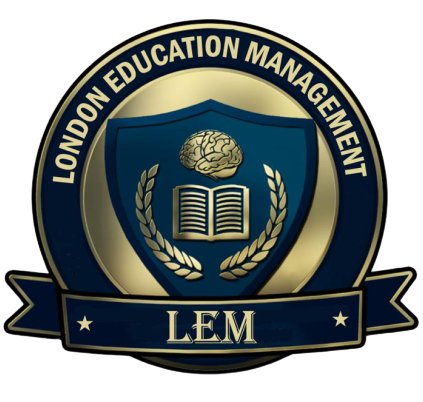Important Laws in the UK
Smoking
Smoking is not permitted in all public places in the UK, including bars, restaurants, shops, cinemas, stations and on public transport. You can smoke outside the building. The legal age for buying tobacco in the UK is 18.
Drinking
The legal age to drink alcohol in the UK is 18. Some bars and nightclubs have a ‘21 years old and over’ policy. Alcohol is not allowed on public transport. It is forbidden to drink alcohol anywhere on the school premises. It is illegal to buy alcohol for anyone under 18.
Drugs
The possession and use of leisure drugs is illegal. Penalties can include up to 7 years in prison and/or a fine. You are strongly advised not to use illegal drugs during your stay.
Weapons
It is illegal to carry any weapon for defence, including gas and sprays. You will be arrested if the police stop you and you have a knife.
TV licence
Every property that has a TV must have a TV licence. If you rent a room or are in a flat share, find out who is responsible for paying the TV licence.
Council tax
Council tax is a local tax that is charged on each property. Each borough (district) in London has its own rates. Discounts are sometimes available for students.
Traffic
In the UK we drive on the left, so please be careful when crossing the road. The legal age for driving is 17. If you want to hire a car, the average minimum age is 23.
Cycling
You cannot ride a bike on a pavement/footpath. You must have lights on if you cycle at night. A helmet is not compulsory but is strongly recommended.
Legal Matters
Certain crimes such as theft, shoplifting, fraud, assault, involvement with illegal drugs, or damage may lead to immediate deportation.
If you need legal advice, we suggest that you go to a Citizens Advice Bureau (CAB). They do not charge for their service. The address of a local CAB is:
- Royal Courts of Justice Strand, London,WC2A 2LL
- Citizens Advice Camden, Holborn Library, 3rd Floor Holborn Library,32-38 Theobalds Road, LONDON, WC1X 8PA
- Westminster CAB, 21A Conduit Place, London, W2 1HS
What to do in case of an arrest
- If you are arrested, the police will usually take you to a police station, hold you in custody and question you. The police will search you and take away your possessions while you are in the cell.
- In suspicion of any crime, the police can hold you in custody for maximum 24 hours which can be extended upto 96 hours. After 96 hours, the police must either charge you with a crime or release you.
- The police must explain your rights which include: free legal advice, telling someone where you are, medical attention if required, a written notice of your rights (e.g. food and toilet breaks) in your language or provide you with an interpreter.
- If the police ask you questions, you can choose to answer or not. However, please note that you may damage your defence if you do not answer their questions.
- The police do not need your permission to take photographs of you, finger prints, a DNA sample (mouth swab or hair root) or a swab from skin from your hands/arms.
- The police do need your permission to take a blood or urine sample from you (unless you are suspected of drink or drug driving).
- If you are under 18, the police must try to contact your parent or guardian and find an adult to help you.
